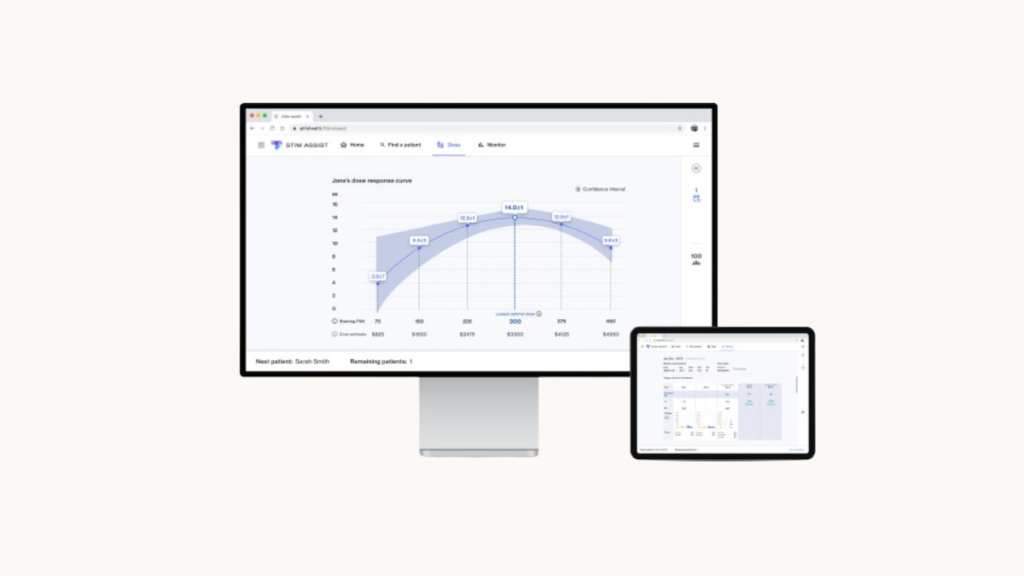
Alife Health, a fertility technology company focused on modernizing in vitro fertilization (IVF) through AI, has revealed promising findings from a study that explores the role of artificial intelligence in optimizing ovarian stimulation during IVF treatment. The study, titled “Optimizing Oocyte Yield Utilizing a Machine Learning Model for Dose and Trigger Decisions: A Multi-Center, Prospective Study,” was conducted by a team of fertility specialists and data scientists, led by Dr. Chelsea Canon of RMA of New York, and was published in Scientific Reports.
The study focused on Alife’s AI-driven software, Stim Assist, which provides fertility specialists with personalized, data-driven recommendations based on each patient’s characteristics and follicle growth. It is the first of its kind to prospectively evaluate the clinical outcomes of IVF patients when AI is used to assist in determining the optimal starting dose of follicle-stimulating hormone (FSH) and the timing of the trigger injection, crucial steps in the ovarian stimulation process.
“The results of our study are incredibly promising,” said Dr. Eric Flisser, one of the lead authors. “We found a trend towards improved egg yield and a reduction in FSH usage when physicians used Alife’s Stim Assist. This suggests that AI has the potential to refine the starting dose of FSH and narrow down the timing of the trigger injection during ovarian stimulation, ultimately benefiting patients by optimizing the number of mature oocytes retrieved and reducing medication costs.”
The study involved 291 patients across two U.S. clinics and highlighted how AI can potentially improve outcomes and streamline the IVF treatment process. “The use of AI in IVF represents a significant advancement in reproductive medicine,” said Dr. Alan B Copperman, CEO of RMA of New York and a study collaborator. “By leveraging AI to optimize ovarian stimulation decisions, we can potentially improve IVF outcomes and streamline the treatment process for patients.”
The study underscores AI’s transformative potential in assisted reproductive technology, marking a step forward in the integration of data-driven tools in IVF. While the findings are promising, the researchers emphasized the need for additional studies to validate the results and further explore the broader applications of AI in fertility treatments.



